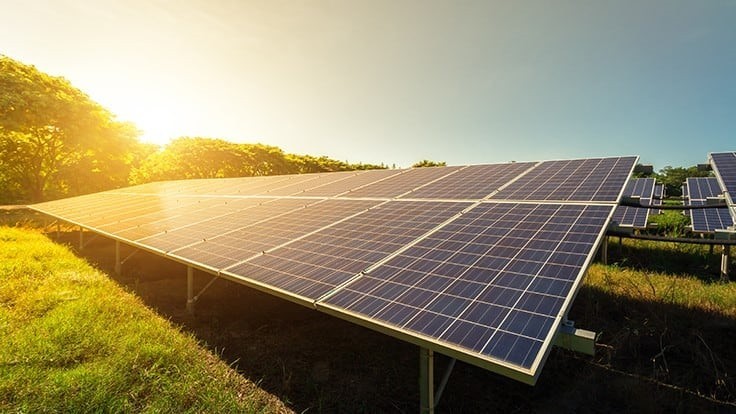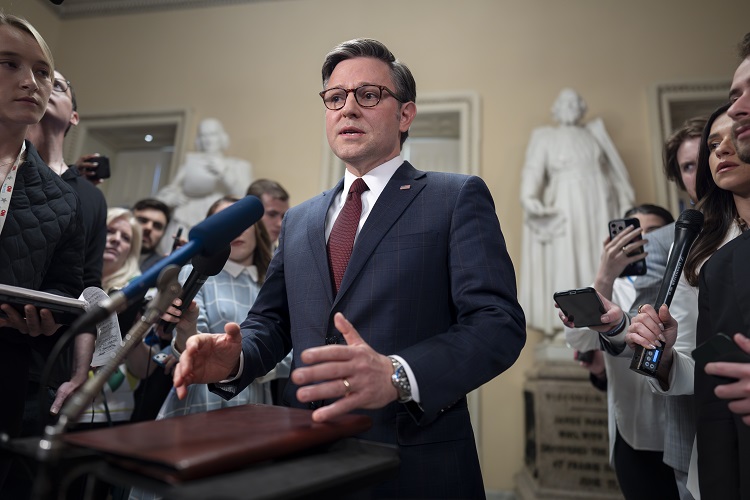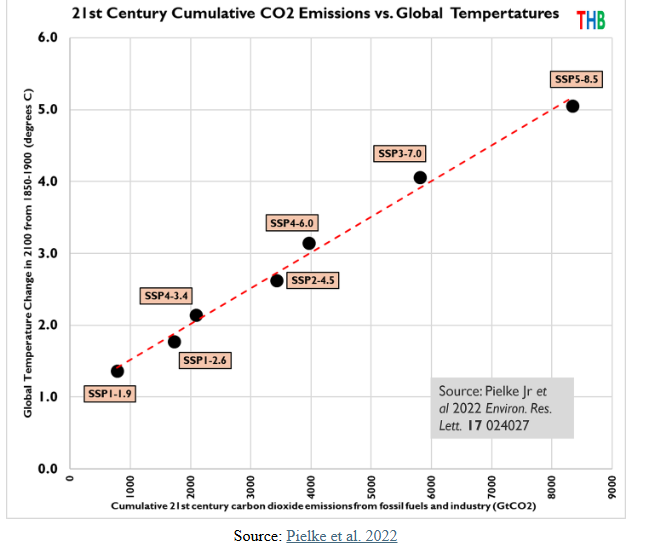Welcome to Our Research Archive
Search and filter by content type, issue area, author, and keyword

November 13, 2024
Global Existential Risks
In 2022, on a bipartisan basis, the U.S. Congress passed the Global Catastrophic Risk Management Act of 2022 requiring the Department of Homeland Security to coordinate an expert assessment of global catastrophic and existential risks. The Department of Homeland Security published the first Global Catastrophic Risk Assessment two weeks ago, and reached some important — and one surprising —…

November 12, 2024
A Memo for Trump’s Energy Czar
Last week, the Financial Times reported that President-elect Donald Trump is considering appointing an “energy czar,” described as: The new energy tsar role and its powers are not yet finalised, but people familiar with the plans said it would co-ordinate Trump’s deregulatory agenda across a patchwork of agencies including the Department of Energy, Department of Interior, Federal Energy Regulatory…

November 11, 2024
The Case for Forward-Looking Policies
This is the fourth presidential election cycle that I’ve worked as a tech policy analyst and it’s easily been my least busy. Normally, a presidential candidate would suggest a crazy idea and I’d dash off an op-ed explaining why it could be helpful or why it would violate the Constitution. And when the candidates released…

November 7, 2024
History of Technology: Cheaper, Cleaner, Easier
Every fall since 2020 I have been teaching energy economics in Northwestern University’s Master of Science in Energy and Sustainability (MSES) program. I team teach with my friend Mark Witte, and my part of the course is backloaded—natural monopoly theory and regulation in theory and in history, new generation technology invention and adoption, wholesale power markets, digitalization…

November 4, 2024
Twenty-Four Ways to Understand 2024
Economist Deirdre McCloskey opens The Narrative of Economic Expertise with an observation that blew me away when I read it as an undergraduate: It is pretty clear that an economist, like a poet, uses metaphors. They are called ‘models.’ The market for apartments in New York, says the economist, is ‘just like’ a curve on a blackboard….

October 28, 2024
How Tech Regulatory Approaches Have Changed, and Not for the Better
As president, Bill Clinton had failures, both personal and professional, but one thing he got right during his time in office was the Framework for Global Electronic Commerce. Released in July 1997, the framework served as both a statement and guidance for internet policy in those early days of the technology. Back then, the tone was…

October 28, 2024
Take the Under
In the Financial Times over the weekend, John Burn-Murdoch discussed how projections of global population keep decreasing: Burn-Murdoch concludes: [T]hese estimates are extremely fuzzy and based on frameworks that were true in the past but may not be today. Use them with caution, and probably err on the low side. Given how important population projections are for climate…
October 24, 2024
Progress and Its Enemies
26 years ago, Virginia Postrel published The Future and Its Enemies, which I still consider one of the most insightful books of our time. The book’s subtitle, The Growing Conflict Over Creativity, Enterprise, and Progress, has become even more relevant since 1998. Virginia gave a presentation on the ideas in her book at the Progress Conference in Berkeley last…

October 24, 2024
Climate Journalism Done Right
Today, The Washington Post has published a lengthy analysis titled, “The real reason billion-dollar disasters like Hurricane Helene are growing more common.”1 The article, by the Post’s Harry Stevens, is brilliantly done — extensively reported, data rich, grounded in a large body of research, with a wide diversity of voices. Watching reactions to the article will…

October 23, 2024
What Happens in Europe Does Not Stay There
U.S. climate policies, designed to yield a utopia of net-zero greenhouse gas emissions by, say, 2050, are preposterous. The costs are massive. Consumer resistance is such that important components of the policy agenda are already collapsing. The metastasizing system of financial regulations imposing penalties upon the fossil energy sector is unlikely to survive judicial scrutiny. And for what? Even if implemented fully, the entire…